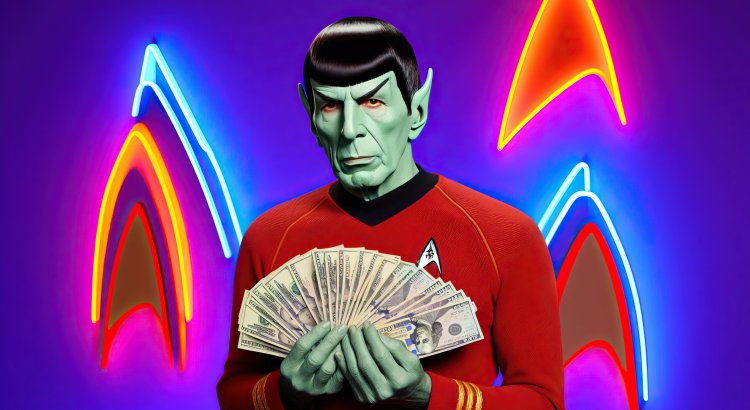I’m obsessed with critical thinking. Most of my decisions (especially important ones) aren’t driven by “feelings.” I’m kind of a Vulcan. (Or at least I try to be.)*
For the past two decades, I’ve devoured everything I can find about logical fallacies and cognitive biases. It’s the most helpful stuff ever!
Every day, I try to outsmart my own brain. It wants to make bad decisions — because, heck, it evolved to act like an ape and see the world through stories. Can I stop it?
Good decision-making has helped me avoid having unwanted children, shitty partners, miserable jobs, friends that drain me, debt, backward priorities, waste-of-time busyness, self-inflicted diseases, and addictions (if you don’t count my vegan chocolate chip cookie problem).
We decide things every day. This or that?
But the skill remains abstract and elite.
Assuming people want to make better decisions (they likely don’t), the knowledge is scattered across too many sources. The subject is too big.
I’ve read all the bestsellers and classics.
How To Decide by Annie Duke is good… but it’s complicated.
The Art of Thinking Clearly by Rolf Dobelli got close, at least in spirit. But it’s more like a collection of blog posts than an integrated system.
Skepticism 101: How To Think Like A Scientist and Your Deceptive Mind: A Scientific Guide To Critical Thinking Skills by The Great Courses are looooong.
And yes, I’ve read Kahneman, Munger, Housel, Ariely, etc.
So far, I haven’t found the definitive book.
No bible for it.
Here’s my own list of what seem to be the most important factors in making a good decision†:
1 – Long-term results vs. short-term shiny things
2 – Best use of time and energy
3 – Eisenhower Matrix (is it urgent and/or important?)
4 – Good enough: simply gets the job done
5 – Not made under stress or pressure (fewer mistakes)
6 – Increases profit / total resources to do more
7 – Reversible vs. permanent
8 – Low risk of loss
9 – Is there a third option compromise?
10 – Guaranteed vs. speculative
11 – Day One / Jeff Bezos: what if we don’t do it at ALL? What if we do NOTHING?
It’s a work in progress. Maybe someday I’ll expand on each item in an essay.
*Even though I’m ultimately a determinist and don’t believe in free will.
†But Carl: can’t bad things still happen, even if I make a Good Decision? Yes, there’s always a chance of bad things happening. That’s where probability comes in. This list helps us hang out in the desirable area of the distribution.§
§Aren’t determinism and probability contradictory ideas? That’s for another blog.
